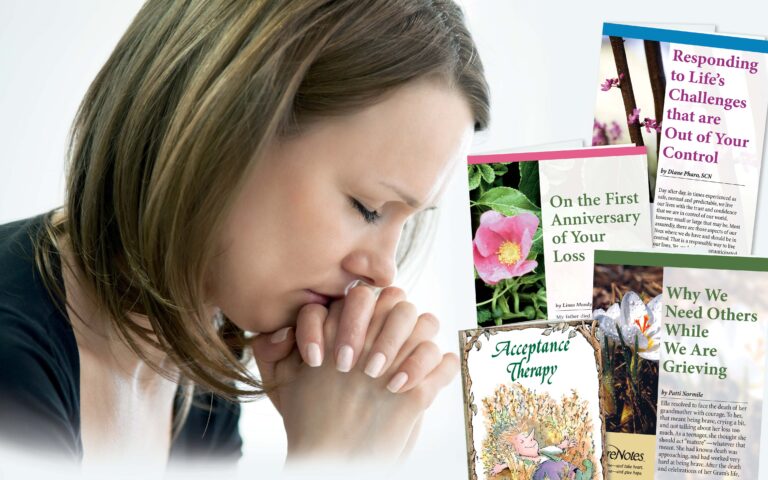When our firstborn was new, I read a news story about the brutal murder of a child. A mother tiger roared in my soul as I read the story, and I realized to what great lengths we go to guard our offspring.
That protective instinct is essential to our children’s survival. We baby-proof our homes; we teach the danger of the street and the risk of playing with matches.
And, when death suddenly snatches someone a child loves, we naturally want to shield him or her from grief.
But we have already failed. A child learns grief early in life—from us. The baby who wails when a parent leaves is grieving, expressing the awful pain of separation, the same pain which makes adults cry at funerals.
Death has touched a child you love, and you are discovering that you cannot protect the youngster from life’s most painful reality. But, just as you eased the crying baby’s woe, there are ways you can help now:
• Tell the truth
• Address the child’s unspoken feelings
• Ensure ongoing support
No, you cannot protect the child you love from the reality of death. It has intruded into his or her life and the child must face the loss. But you can help him or her deal with painful feelings and hold fast to the good memories.
A wise writer once insisted that only death makes love possible. Because human life is fragile, it is precious; because an individual makes but one appearance on this earth, his or her uniqueness must be cherished. Do you really want to protect a child from discovering that truth?
Excerpt taken from “Helping a Child Grieve and Grow” CareNote.






